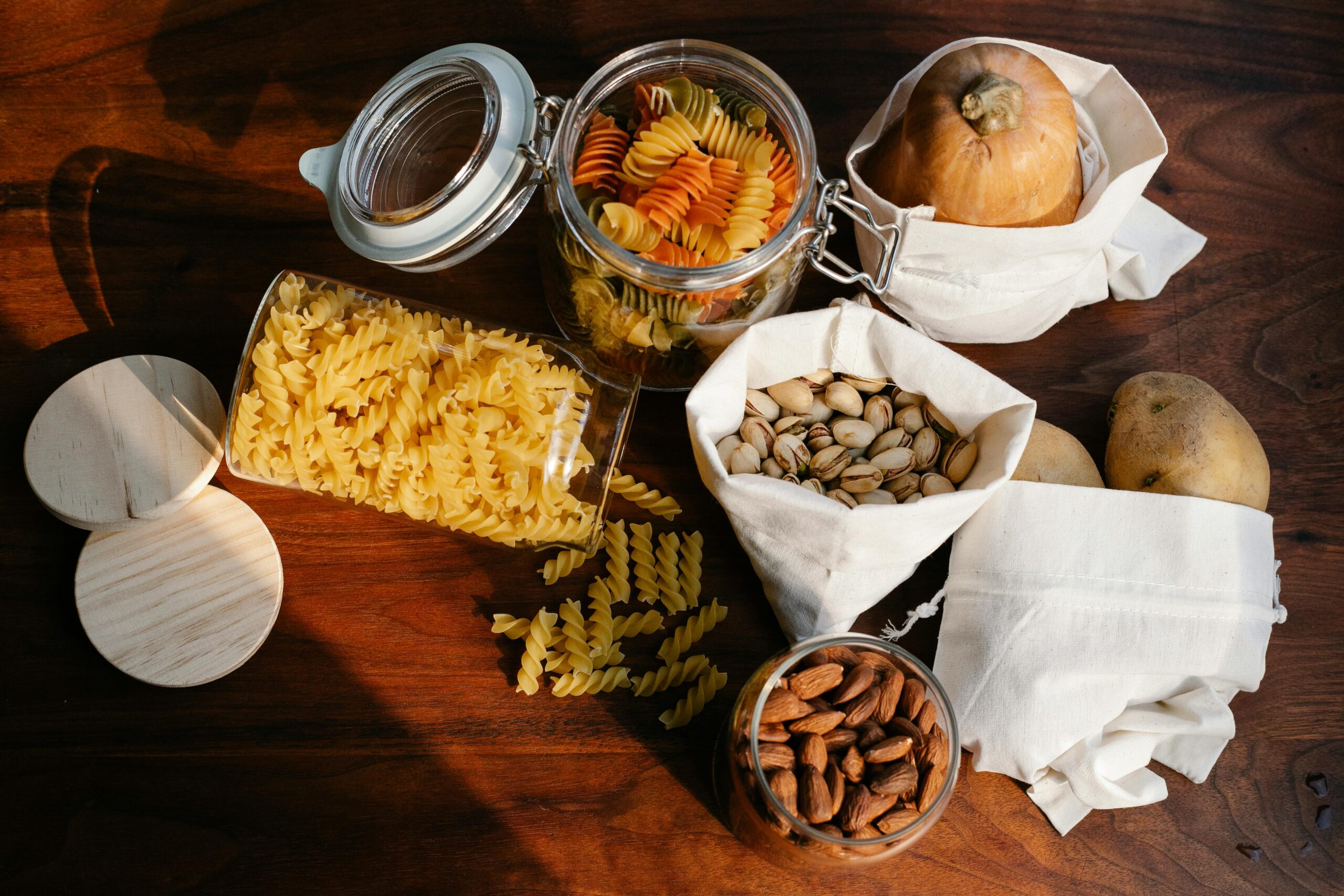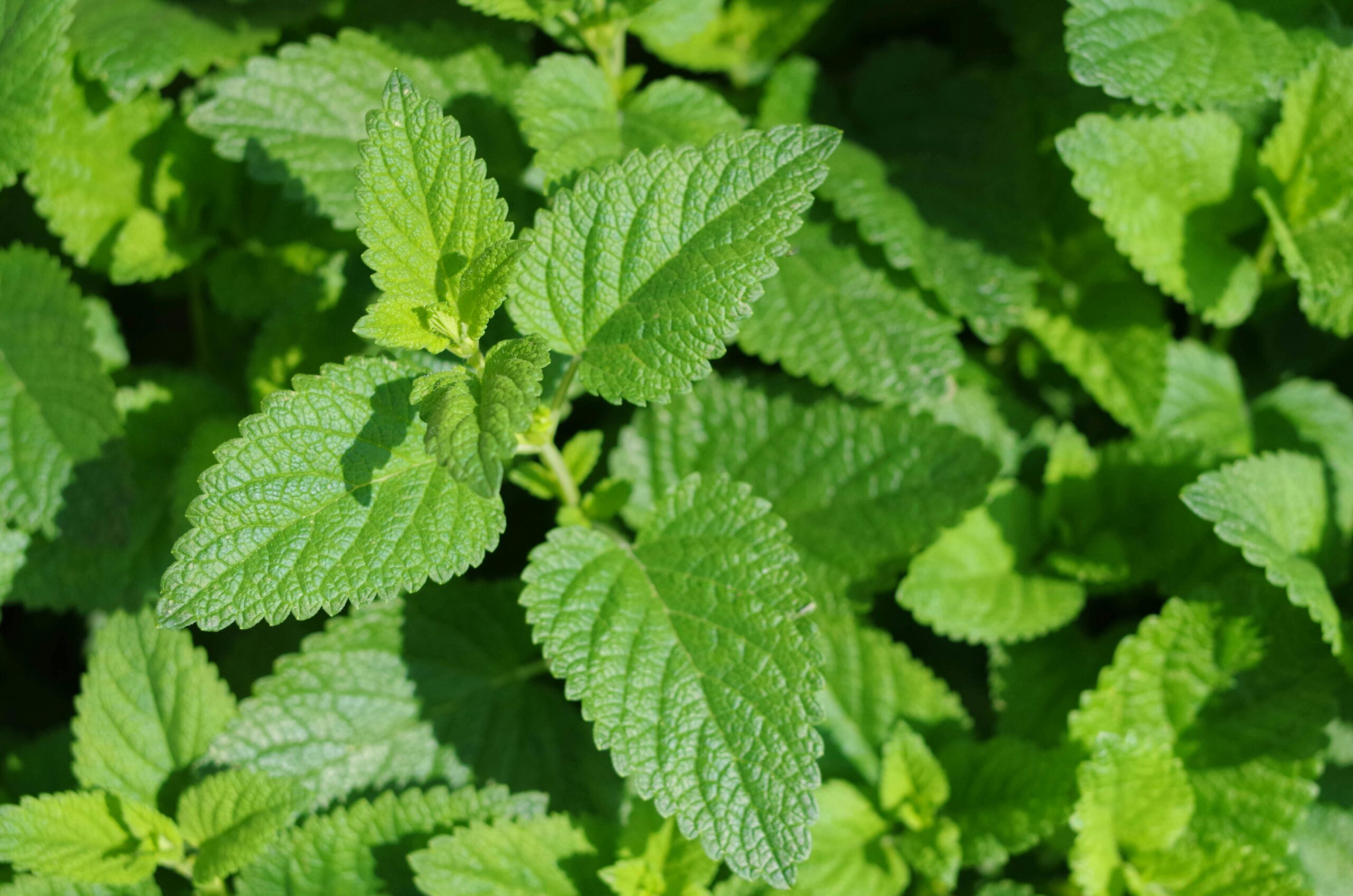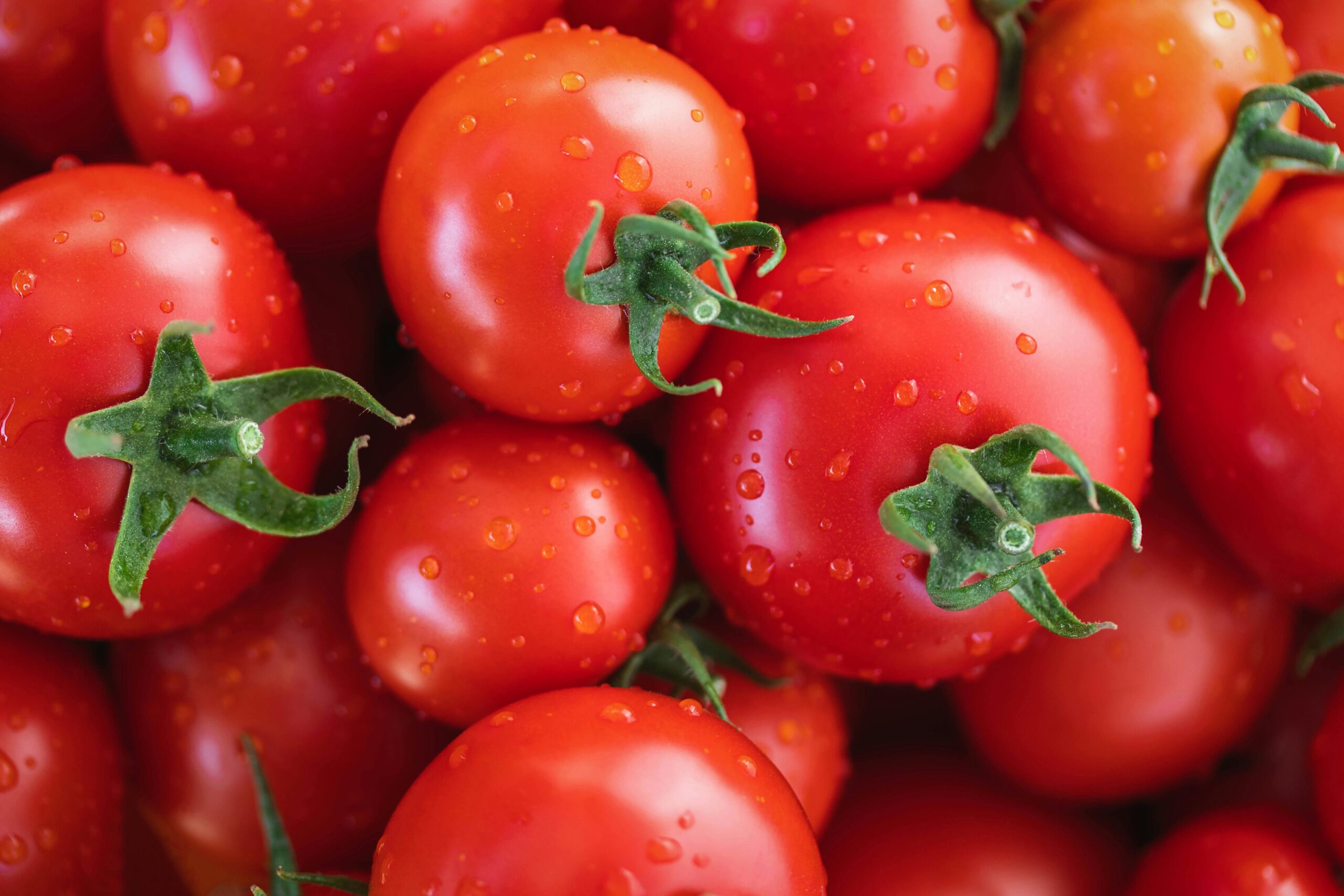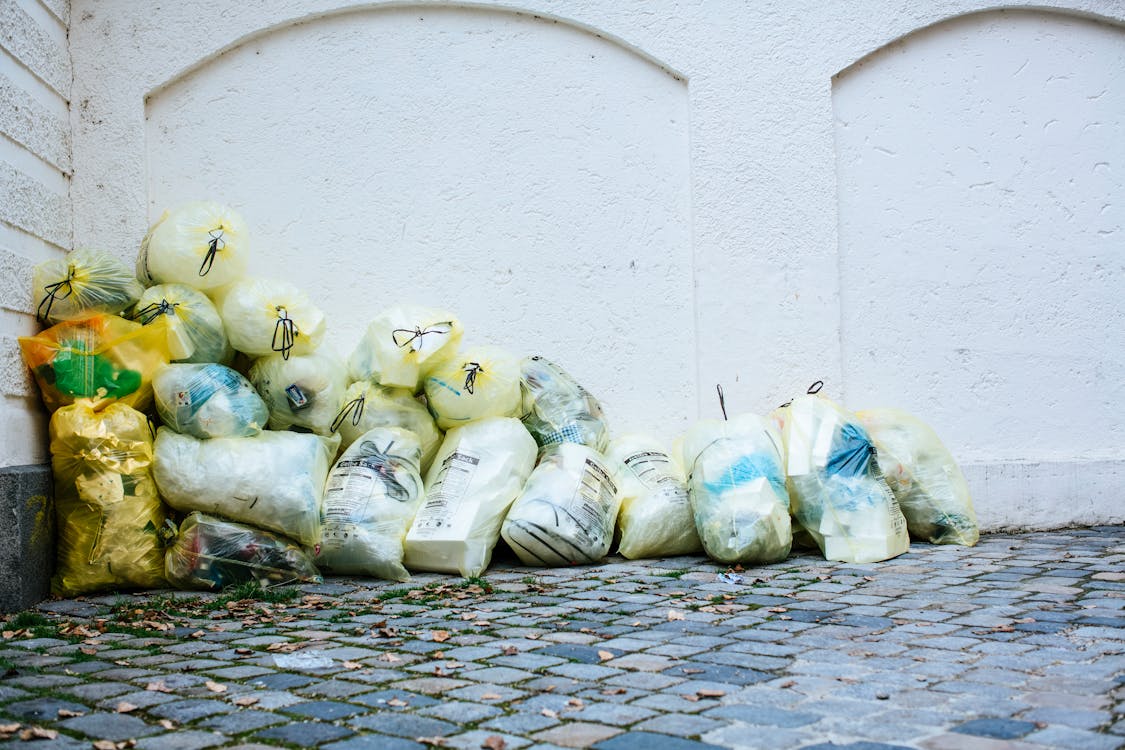Did you know that one-third of all food produced globally is wasted? That’s nearly 1.3 billion tons of food thrown away each year, while 828 million people worldwide struggle with hunger. The good news? You can be part of the solution by simply learning how to store food properly to prevent spoilage!
This small yet impactful step aligns with Sustainable Development Goal (SDG) 2: Zero Hunger, which aims to end hunger and promote sustainable food systems. By reducing food waste, you help conserve resources, save money, and ensure more food reaches those who need it most.
The Impact of Proper Food Storage
When food is stored correctly, it lasts longer, stays fresher, and reduces the chances of spoilage. Here’s why proper food storage matters:
- Reduces Food Waste – In the U.S. alone, about 40% of food goes uneaten, mostly due to improper storage.
- Saves You Money – The average household wastes about $1,500 per year on spoiled food. Better storage means more savings!
- Preserves Nutrients – Proper storage helps maintain the nutritional value of food, keeping it healthier for longer.
- Lowers Environmental Impact – Less food waste means fewer greenhouse gas emissions and reduced strain on food production.
Smart Food Storage Tips
Follow these simple yet effective tips to make your food last longer:
1. Know Your Fridge Zones
- Top Shelves – Store leftovers, drinks, and ready-to-eat foods.
- Middle Shelves – Dairy products like yogurt, cheese, and milk.
- Lower Shelves – Meat, poultry, and fish (keep them in sealed containers to prevent contamination!).
- Crisper Drawers – Use separate drawers for fruits and vegetables to maintain optimal humidity levels.
2. Store Fruits & Veggies Correctly
- Bananas, tomatoes, onions, and potatoes should be kept at room temperature.
- Leafy greens last longer when wrapped in a damp paper towel and placed in an airtight container.
- Berries stay fresh if washed only before eating and stored in a breathable container.
3. Freeze Wisely
- Label and date items before freezing to track freshness.
- Freeze bread, meat, and leftovers in portion-sized servings to avoid waste.
- Use ice cube trays to freeze herbs, broth, or sauces for easy use later!
4. Keep Dry Goods Fresh
- Store grains, pasta, and cereals in airtight containers to prevent pests.
- Keep nuts and seeds in the fridge to extend their shelf life.
5. Take the Storage Challenge!
For the next week, challenge yourself to:
- Use up all perishable items before buying more groceries.
- Store one item properly that you’ve been storing incorrectly.
- Share a food storage tip with a friend or family member.
Small Actions, Big Impact
By making small changes in how we store food, we can cut down on waste, save money, and ensure more food is available to those who need it most.
Are you ready to waste less and store smarter? Share your best food storage tip in the comments!



